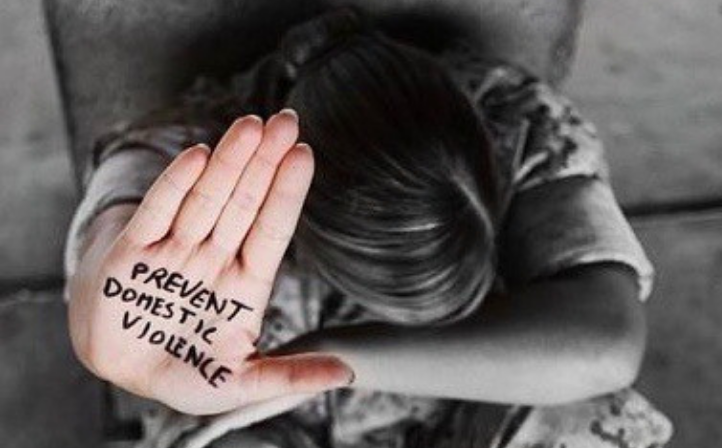Domestic violence is a serious criminal offence with grave consequences. But if someone is falsely accused of domestic assault, it can have long-lasting effects upon the accused. Not only does it put them into a critical position whereby they face legal proceedings but it also makes their life difficult within society. The general view of those charged with domestic violence is judgemental and can damage their reputation, thus making them a victim. Unfortunately, even proof of innocence can sometimes fail to repair a damaged image.
If you’ve been falsely accused of domestic violence by your spouse or partner, be prepared to fight for your rights, your reputation, and your life. But don’t be scared. Everything can be made simpler with a skilled criminal defence lawyer by your side. Here’s what you should do if you face false charges.
What to Do When Falsely Accused of Domestic Violence
Before you take the first step to defend yourself against false charges of domestic assault or violence, you need to understand what led to this situation so you can prove the intent of the complainant in court.
Reasons for Making False Allegations
Individuals falsely accused of domestic violence often wonder why they are being charged for a crime they did not commit. Well, there can be several reasons why their spouse or partner makes an allegation. The most common situation is during divorce and separation proceedings. In some cases, these allegations are made to improve one’s position in family court proceedings to win custody of a child. Many criminal defence lawyers come across cases where parents coach their children into reporting false allegations of assault to better their chances of getting the desired outcome. Sometimes revenge is the motive behind false assault charges against an ex.

Consequences of Wrongful Conviction
If an innocent person is convicted on a false domestic violence charge, it not only damages the integrity of the judicial system but also causes long-lasting trauma to the convicted. As far as legal penalties are concerned, the convict is punished based on the severity of the charge, whether it is true or not. Under the Criminal Code of Canada, the punishments for include:
- Payment of restitution to the complainant
- Jail time (if terms of probation are violated)
- Maximum six months custodial sentence or $5,000 fine if proceeded as summary conviction and maximum five years in prison if proceeded as an indictment
However, the consequences faced by the falsely accused person are not limited to legal penalties. From crumbling job security to vanishing relationships, the results of wrongful conviction go beyond probation, a fine, and jail time. The catastrophic damage caused by the charges and the trial is in most cases irreparable. As mentioned earlier, the general perception of someone accused of domestic violence is negative, even if they are innocent. People look at you as an abuser. The financial, emotional, and psychological impact of being convicted for a crime you have not committed is devastating.
What You Should Do
If you have been falsely accused of domestic assault, here’s what you should do before it is too late.
- Once you have been arrested and charged, exercise your right not to make a statement to the police. This is necessary to avoid saying anything that can go against you.
- Contact a criminal defence lawyer immediately to advise you on what should be done and how you can get out of it.
- If you’ve been granted bail, make sure you comply with all your bail conditions. Remember, if your partner/former spouse can make a false allegation, chances are they are willing to make it worse if you breach of your bail conditions. Even if they try to communicate or invite you to discuss a settlement, do not have any contact with them.
- Write down your personal recollections of the allegations made against you as well as a record of the events relating to the allegation. If the charges were made based upon an incident which is a complete fabrication, make a detailed record of where you were and what you were doing at the time.
- Collect evidence with your lawyer to prepare a strong case. Contact people who can testify to your presence or about the relevant incident in court.
Domestic violence is the most common form of violence against women, but men are not untouched by this type of assault. False accusations against men during separations make them victims of societal unacceptance, judgemental behaviour, and discrimination. They do a lot of damage and impact the accused emotionally, physically, and financially. That is why it is important to know your rights and the steps to follow to fight back. If you’ve been falsely accused of domestic violence, consult Harpreet Saini, an experienced criminal defence lawyer in Brampton, to present a strong defence in court.

